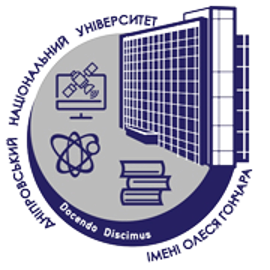Практика аргументації у філософії медіа
DOI:
https://doi.org/10.15421/272303Анотація
Стаття має на меті з’ясувати роль використання практик аргументації в посередництві, репрезентації та коментуванні медійних практик, а також викрити проблеми маніпуляції та перешкоджання критичному мисленню в цьому контексті. Стаття більшою мірою має дескриптивний (оглядовий) характер, оскільки її автор ставить за мету формулювання і постановку проблеми, а не пропонує її вирішення. У процесі роботи застосовувалася низка емпіричних та загальнологічних методів, а саме: описання, аналіз та синтез, індукція, абстрагування, узагальнення, ідеалізація тощо. Спілкування передбачає наявність спільної мови для всіх учасників. Ступінь взаєморозуміння в спілкуванні тісно пов’язаний зі спільною семантикою, синтаксисом, символікою та іншими елементами мови, якою користуються учасники. Окрім природних мов, людські культури використовують складні системи невербальної символічної комунікації, такі як: жести, мова тіла та мовчання. У статті науковець зосереджується, зокрема, на ролі невербальної комунікації в контексті медіапрактик, поміщаючи її в ширший контекст філософії комунікації та медіапрактик. Однією з тем, яку автор прагне дослідити в цьому контексті, є маніпуляція. Маніпуляція в комунікації може приймати різні форми, такі як: зміщення акценту в повідомленому змісті, підміна значень, фальшиві повідомлення, суперечливі сигнали та подразники, що відвертають увагу. Ці та інші прийоми є засобами спрямування курсу спілкування в бажаному напрямі. Попри те що критичне мислення само по собі є позитивною рисою, воно іноді може перешкоджати сприйняттю правильної інформації та накопиченню знань, таким чином знижуючи загальну ефективність спілкування. Спираючись на філософські концепції об’єктивності та універсальності істини, науковець у статті аналізує функціонування критичного мислення в контексті сучасних медіапрактик.





